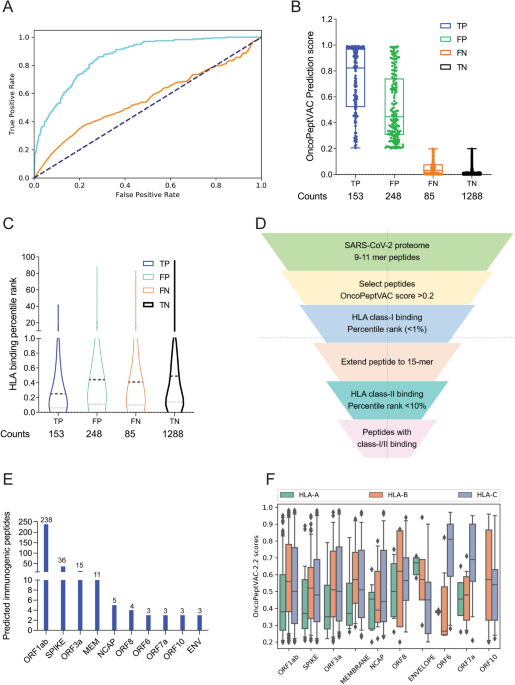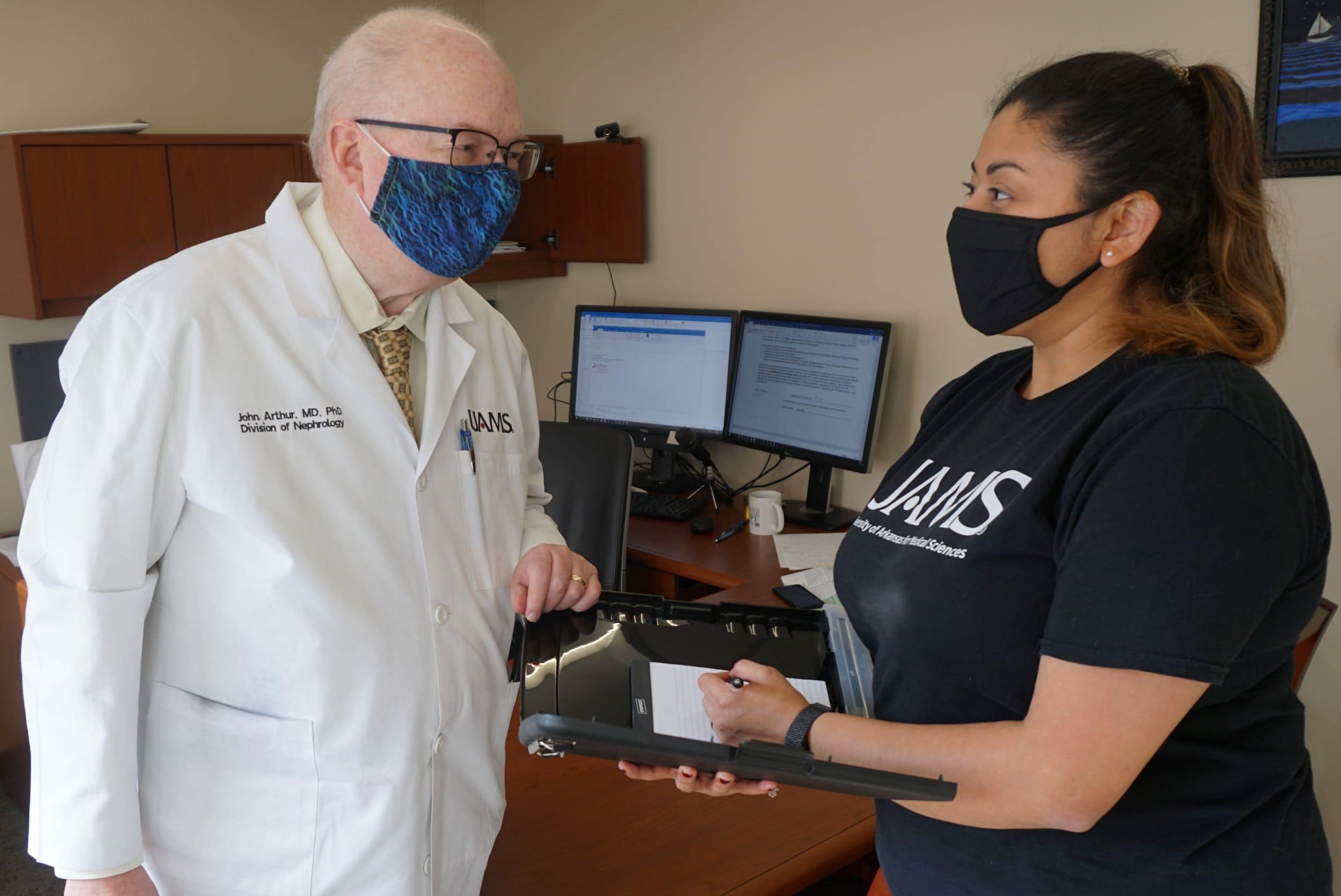
A Common Infection Could Be a Trigger For Multiple Sclerosis, Large Study Finds
For most of the time since the first description of multiple sclerosis (MS) in 1868, the causes of this disabling disease have remained uncertain. Genes have been identified as important, which is why having other family members with MS is associated with a greater risk of developing the disease.
A recent study my colleagues and I conducted found that several types of infection during the teenage years are associated with MS after age 20. Our study didn't investigate whether people who are more likely to have genetic risks for MS were also more likely to have worse infections.
If this were the explanation, the infection would not be a risk factor triggering MS, it would only identify those more likely to have MS, anyway. Our new study, published in JAMA Network Open, examines this and shows that glandular fever (one of the infections most associated with MS risk) during the teenage years really is a risk factor for subsequent MS.
Some scientists have suggested that infections like glandular fever (also called infectious mononucleosis "mono" or "kissing disease") might be worse in people who will go on to develop MS because their immune system is already different.












/cloudfront-us-east-1.images.arcpublishing.com/pmn/2OMDYOYIKRDYJOSDNJCST4GN34.jpg)








